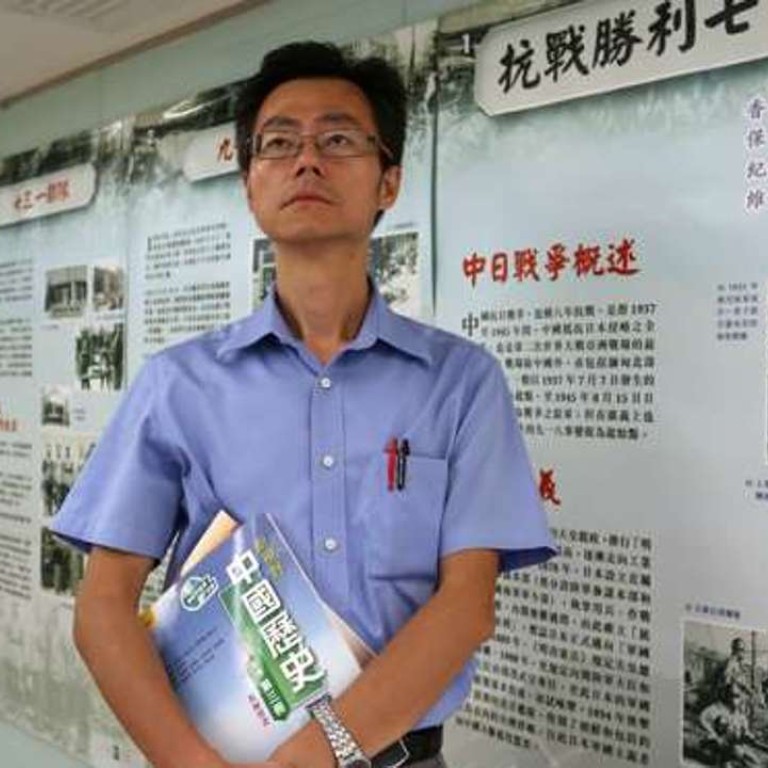
Perspective key to teaching our children Chinese history
Devising a curriculum for schools in Hong Kong is bound to bring controversy but an open consultation with all stakeholders can smooth the path
Learning the history of one’s own country is important for many reasons. By knowing what shaped our present, we can build a better future. It also helps cultivate a sense of belonging and national identity. But the way history is taught can be a subject of dispute. The proposed changes to our Chinese history curriculum for junior secondary schools is an example. Even though there is a case for an overhaul, conspiracy theories abound.
The government said feedback showed that the previous curriculum was loaded with details of early history but short on contemporary content. That is why the revised syllabus, to be finalised in the second half of next year, will focus on the characteristics of particular historical periods. It will also feature recent developments in Hong Kong and China.
But critics said the curriculum only highlighted the glory of past dynasties and that the city’s history was only presented in the context of China’s development. Key developments such as the riots in 1967 and the establishment of the Independent Commission Against Corruption have also been left out. There are also fears that the curriculum is tantamount to political indoctrination.
Against the backdrop of the controversy in 2012 over national education and the recent debate over the rise of pro-independence groups, scepticism is inevitable. But with Chinese history spanning thousands of years, the government cannot be faulted for being selective when deciding what to cover. Likewise, we cannot expect every landmark development in the city to be included. After all, the subject is about the historical development of China rather than that of Hong Kong.
The need to better understand one’s country is universal. Our reunification with China after more than a century of colonial rule makes the case even stronger. As long as it is carried out in a comprehensive and unbiased manner, there is no reason to resist national education or the learning of Chinese history.
But experience has showed that even legitimate reforms may flounder in our increasingly politically charged society. In the case of national education, it was shelved amid fears of brainwashing. We trust the government has learned the lesson. The ongoing discussion with the education sector is the first step to put in place the right module. More details will be available when the next round of consultation is launched in the middle of next year. Given the sensitivity, officials should try their best to address stakeholders’ concern.

